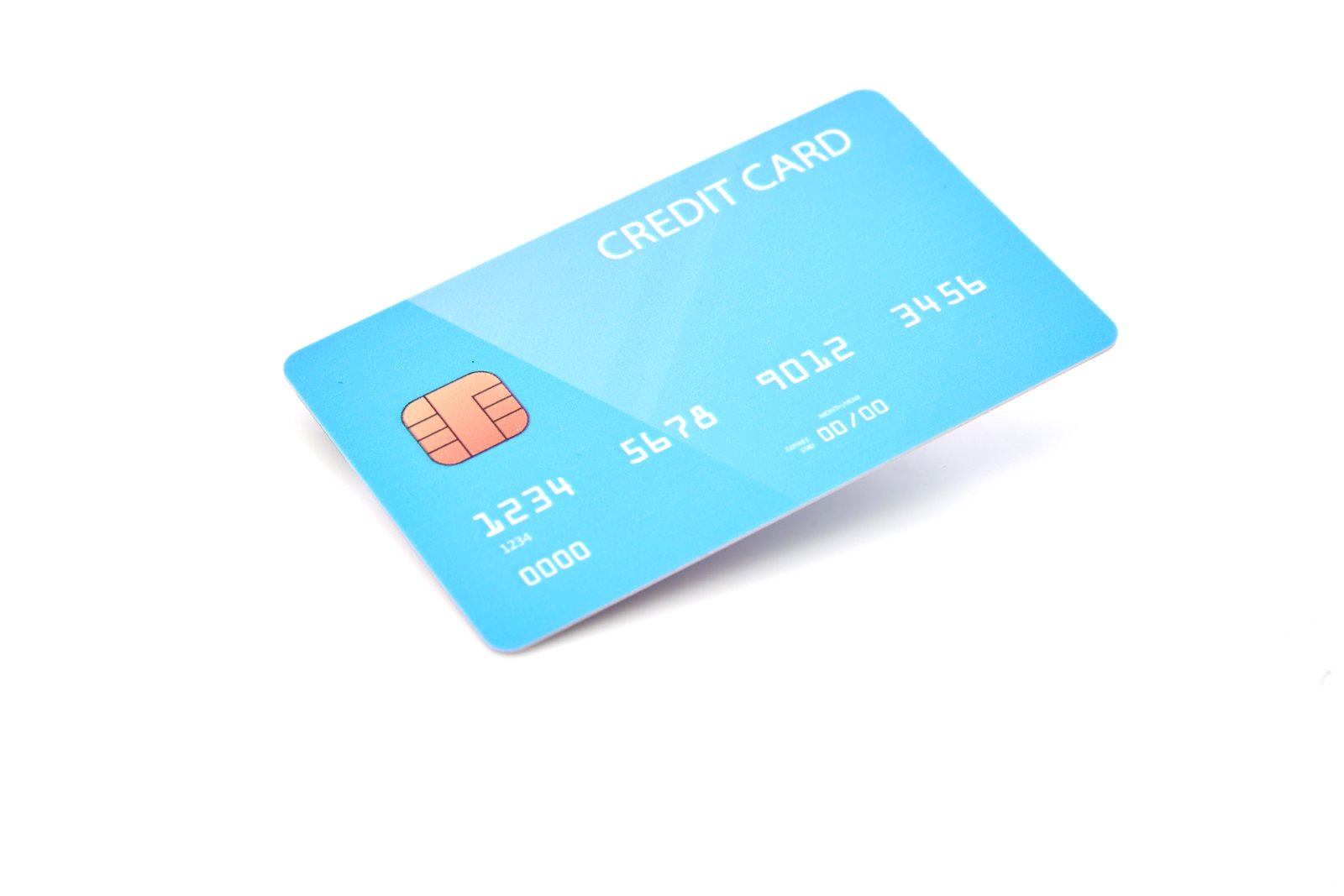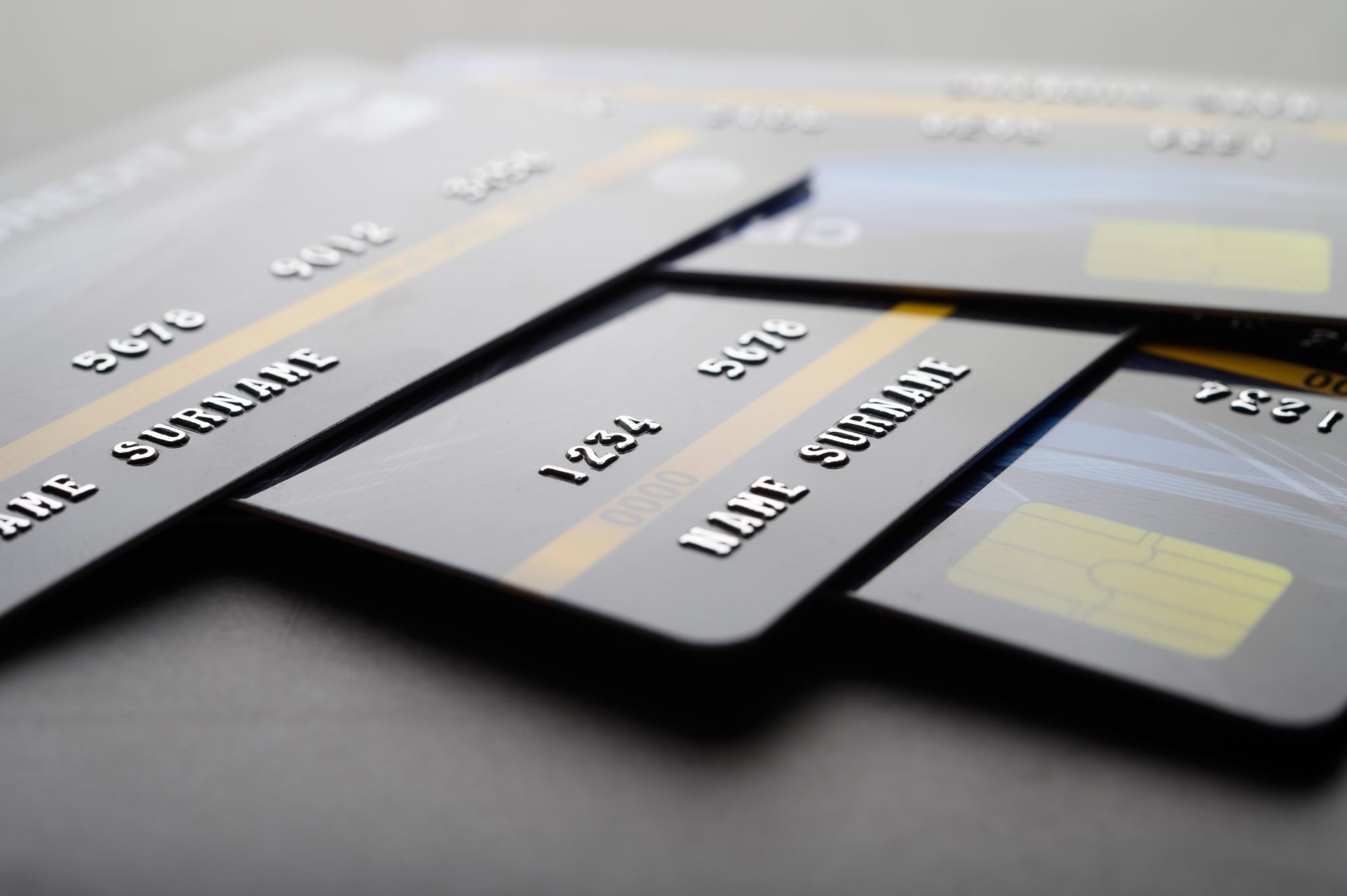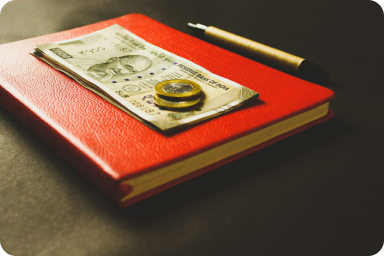Published
Personal Loans vs. Credit Cards – Which is Better?
Table of contents
Personal Loans vs. Credit Cards – Which is Better?

You need to borrow money. You have two options: Credit Cards or Personal Loans. Which is better?
What are they?
In essence, both Personal Loans and Credit Cards offer a way in which you can borrow funds within a short period. Defaulting on either type of loan can negatively impact your credit score.
If you apply for a Personal Loan, you do not get constant access to your funds. You will receive a sum of money upfront with a predetermined time period to pay it to pack fully by means of EMIs. Personal Loans usually come with lower interest provided you have a sufficiently high credit score. If you apply for a Credit Card, on the other hand, you will have constant access to your funds as long as your account remains in good standing. In other words, you will have access to a specified sum of money, but you will not receive that whole amount. Rather, you can use the funds as much as and whenever you prefer within the limit given. You will also pay an interest-only based on the amount that you use. Also, you will also be occasionally eligible to extend your credit limits.
Okay, so now I know what the two are. Which is better for me?
Let us look at an overview of the factors that constitute the two kinds of loans.
Size of Expense: Personal Loans are ideal for situations where you require a lumpsum amount of money to pay for several items, and some of these funds can also be available to you in cash. If you have a large expense coming up and will take a longer time to pay it off, Personal Loans are your best bet. Credit Cards are a better option if you have small expenses coming up that you think can be paid off quickly.
Interest Rates: Interest rate for Personal Loans will depend on your credit score – higher credit score equals a lower interest rate. Personal Loans in general come with lower interest rates than Credit Cards.
Furthermore, once your interest rate has been decided, it will not change over the course of your tenure. Personal Loans are usually authorized for a predetermined tenure that will range between 12 and 60 months. This can be paid through EMIs that will include the principal amount and the interest. Therefore, your payment will not change during the course of your tenure. For a Credit Card, however, the interest rate depends on the amount of money you spend. Therefore, your amount payable will be different each month.
Repayment Breakdown: For Personal Loans, you generally must pay the principal amount together with the interest, and no extra sum. However, you may have to pay annual fees, late fees, and over-the-limit fees on top of your interest rate and amount spent per month when you use a Credit Card.
Continuing Debt: The good and bad thing about Credit Cards is that it comes with extreme ease of purchasing simply by swiping. The more you buy, the more interest you pay on top of your loan. This makes it is easy for you to get pulled into the cycle of debts. With Personal Loans, however, you will not be able to continuously borrow money. As long as you make your repayments on time, you have an idea of when you will be retiring your debt.

Therefore, it can be concluded that Personal Loans are the better option should you need to borrow money. Not only do you have more control over your repayment options, but you are also less likely to fall into a cycle of debt. You also have the possibility of choosing your interest rates based on your salary and credit score, rather than being given a high amount as Credit Cards do.
Still in doubt? Get in touch with StashFin and we will help you make the right choice for your borrowing needs!
- All Posts
- All topics
- Bonds
- Cash Loan
- Child Education Insurance
- Corporate Bond
- Credit Cards
- Credit Report
- Credit Score
- Critical Illness Insurance
- Customer Success
- Cyber Insurance
- Design
- EMI Calculator
- EPF
- Expense Management
- Finance
- Home Appliance Insurance
- Home Insurance
- Industry News
- Instant Loan
- Insurance
- loan
- Loan Protection Insurance
- Medical Loans
- Mobile Loan
- Personal Loans
- Product
- Salary Protection
- Sentinel App
- Small Loan
- Software Engineering
- Stashfin App
- TeleMarketing
- Testimonials
- Trading Account
- Travel Insurance
- Wallet Protection
- Wedding Loans

A personal loan is often a saviour when you need financial assistance. Personal loans are flexible and accessible for various...

Taking out a personal loan is a common financial solution for meeting various expenses,...